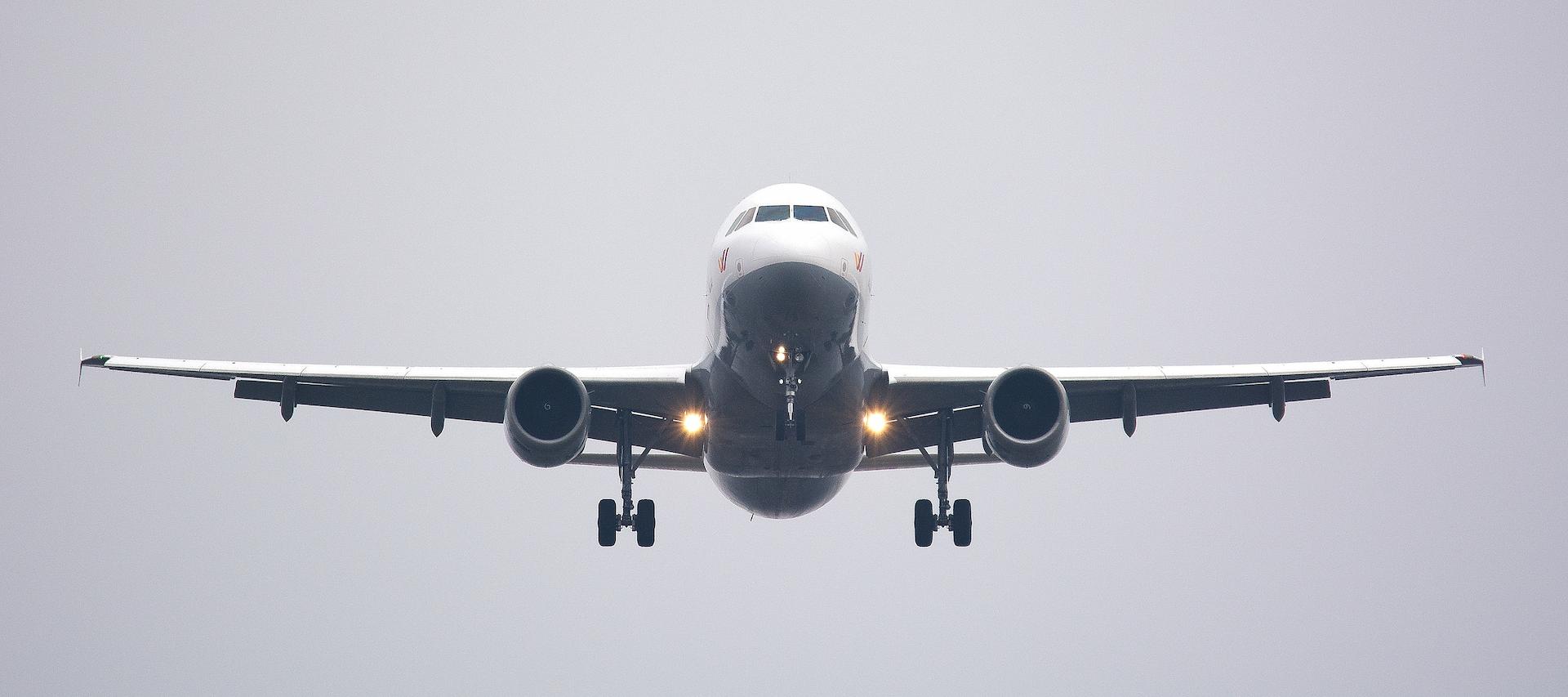At present, upon entry to Greece, there is no longer a requirement to show a certificate of current immunization or recent COVID-19 infection, and the use of face masks is no longer mandatory on planes or airport grounds.
Nevertheless, COVID-19 is still present, and infection can have severe repercussions in high-risk individuals.
There are still approximately 800 admissions to hospitals due to COVID-19 and roughly 40 deaths per week in Greece. The overwhelming majority of deaths are in high-risk individuals especially if they are unvaccinated. High-risk individuals include:
- Age>60 years
- Respiratory disease (e.g. Chronic bronchitis, emphysema, asthma)
- Severe cardiac disease (e.g. heart failure)
- Type 2 diabetes mellitus (especially on insulin)
- Immune compromise (long-term steroids and other immunosuppressants, post-transplant, AIDS, other autoimmune disorders)
- Smokers
- Obesity (BMI > 30)
High-risk individuals should always wear masks and practice good hand sanitation when in public and crowded spaces and should be up to date on their COVID-19 and influenza vaccinations.
If someone is experiencing a fever or flu-like symptoms such as muscle pain, headache, nasal congestion, cough, etc., they should have a rapid COVID test, and if this is positive not travel but quarantine for 5 days and even if they are negative, they should wear a mask when in contact with other people to avoid the dissemination of any other respiratory infections.
It is important to remember that COVID still exists and to be mindful at all times of our health and that of others.
Dr. Odysseas Papaefthymiou MD, AME
Orthopedic surgeon, family medicine specialist, aeromedical examiner
ICAO SME





